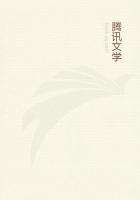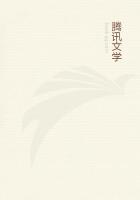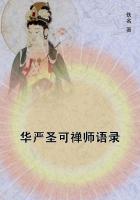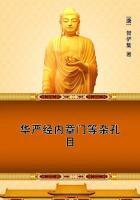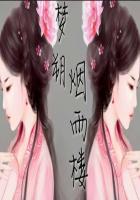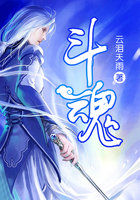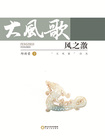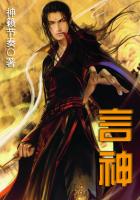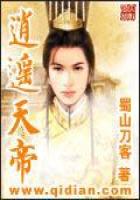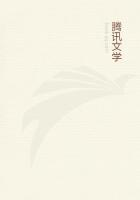By J.B. BURY, Litt.D., LL.D.
Regius Professor of Modern History in the University of Cambridge.
1. Evolution, and the principles associated with the Darwinian theory, could not fail to exert a considerable influence on the studies connected with the history of civilised man. The speculations which are known as "philosophy of history," as well as the sciences of anthropology, ethnography, and sociology (sciences which though they stand on their own feet are for the historian auxiliary), have been deeply affected by these principles. Historiographers, indeed, have with few exceptions made little attempt to apply them; but the growth of historical study in the nineteenth century has been determined and characterised by the same general principle which has underlain the simultaneous developments of the study of nature, namely the GENETIC idea. The "historical" conception of nature, which has produced the history of the solar system, the story of the earth, the genealogies of telluric organisms, and has revolutionised natural science, belongs to the same order of thought as the conception of human history as a continuous, genetic, causal process--a conception which has revolutionised historical research and made it scientific. Before proceeding to consider the application of evolutional principles, it will be pertinent to notice the rise of this new view.
2. With the Greeks and Romans history had been either a descriptive record or had been written in practical interests. The most eminent of the ancient historians were pragmatical; that is, they regarded history as an instructress in statesmanship, or in the art of war, or in morals. Their records reached back such a short way, their experience was so brief, that they never attained to the conception of continuous process, or realised the significance of time; and they never viewed the history of human societies as a phenomenon to be investigated for its own sake. In the middle ages there was still less chance of the emergence of the ideas of progress and development. Such notions were excluded by the fundamental doctrines of the dominant religion which bounded and bound men's minds. As the course of history was held to be determined from hour to hour by the arbitrary will of an extra-cosmic person, there could be no self-contained causal development, only a dispensation imposed from without. And as it was believed that the world was within no great distance from the end of this dispensation, there was no motive to take much interest in understanding the temporal, which was to be only temporary.
The intellectual movements of the fifteenth and sixteenth centuries prepared the way for a new conception, but it did not emerge immediately.
The historians of the Renaissance period simply reverted to the ancient pragmatical view. For Machiavelli, exactly as for Thucydides and Polybius, the use of studying history was instruction in the art of politics. The Renaissance itself was the appearance of a new culture, different from anything that had gone before; but at the time men were not conscious of this; they saw clearly that the traditions of classical antiquity had been lost for a long period, and they were seeking to revive them, but otherwise they did not perceive that the world had moved, and that their own spirit, culture, and conditions were entirely unlike those of the thirteenth century. It was hardly till the seventeenth century that the presence of a new age, as different from the middle ages as from the ages of Greece and Rome, was fully realised. It was then that the triple division of ancient, medieval, and modern was first applied to the history of western civilisation. Whatever objections may be urged against this division, which has now become almost a category of thought, it marks a most significant advance in man's view of his own past. He has become conscious of the immense changes in civilisation which have come about slowly in the course of time, and history confronts him with a new aspect. He has to explain how those changes have been produced, how the transformations were effected. The appearance of this problem was almost simultaneous with the rise of rationalism, and the great historians and thinkers of the eighteenth century, such as Montesquieu, Voltaire, Gibbon, attempted to explain the movement of civilisation by purely natural causes. These brilliant writers prepared the way for the genetic history of the following century. But in the spirit of the Aufklarung, that eighteenth-century Enlightenment to which they belonged, they were concerned to judge all phenomena before the tribunal of reason; and the apotheosis of "reason"tended to foster a certain superior a priori attitude, which was not favourable to objective treatment and was incompatible with a "historical sense." Moreover the traditions of pragmatical historiography had by no means disappeared.


